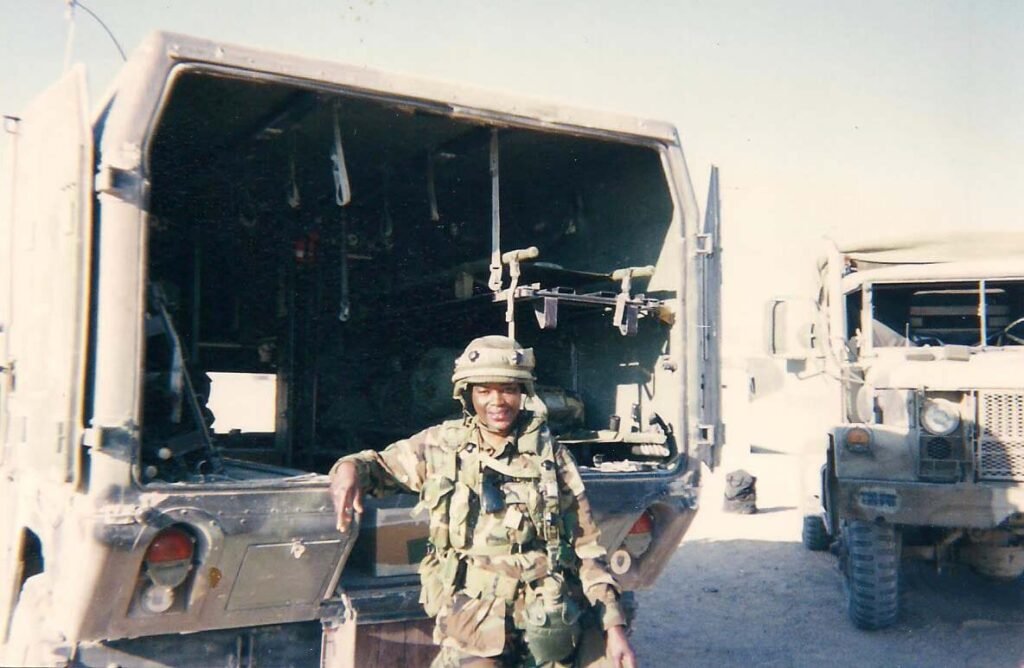Introduction
Military medical operations leadership is crucial in managing healthcare during combat situations and military missions. It involves making quick decisions in life-threatening environments, ensuring both battlefield medicine and large-scale medical strategies run efficiently. The role requires a comprehensive understanding of military protocols, resource management, and team coordination. This article explores the leadership qualities necessary for successful military medical operations, the skills required, and the challenges leaders face in this high-pressure field.
The Role of Military Medical Leadership
Military medical operations encompass a variety of responsibilities. From direct care to large-scale medical coordination, leadership plays a pivotal role in ensuring the success of these operations.
Providing Immediate Care in Combat Zones
Military medical leaders are responsible for providing immediate battlefield care. This includes triaging casualties, performing trauma surgery, and stabilizing injured soldiers under fire.
Coordinating Medical Evacuations (MEDEVAC)
Military medical leaders ensure timely and effective medical evacuation strategies, coordinating MEDEVAC operations to move soldiers from combat zones to safer areas with advanced care.
Maintaining Readiness and Resources
Leaders oversee medical supply chains and ensure combat medic readiness, ensuring military medical units are always prepared for emergencies, especially during military campaigns.
Managing Mass Casualty Situations
In mass casualty scenarios, leaders are crucial in managing resources and personnel, often working with field hospitals or combat support hospitals (CSH) to treat large numbers of injured soldiers.
Effective leadership in these areas directly impacts both the success of the medical mission and the overall military operation.
Key Leadership Skills for Military Medical Operations

To lead effectively in military medical operations, a range of skills is required. These skills allow leaders to perform under extreme stress and maintain operational success in the face of numerous challenges.
Communication Skills
Effective communication in military medicine is essential. Leaders must keep medical teams and soldiers informed, ensuring all medical protocols and battlefield treatment plans are followed precisely.
Adaptability and Quick Decision-Making
In rapidly changing environments, leaders need to be able to think critically and make quick, effective decisions about treatment, triage, and resource allocation. Leadership in medical emergencies demands flexibility and sound decision-making skills.
Critical Thinking and Problem-Solving
Military medical leaders need to analyze complex situations and determine the best course of action. This involves managing the healthcare of soldiers while keeping in mind the larger strategic objectives of military operations.
Team Management and Coordination
The ability to lead medical teams effectively is paramount. Leaders must ensure military medical personnel work cohesively, balancing team strengths and weaknesses to perform optimally in combat settings.
Ethical Decision-Making
Military medical ethics play a significant role in leadership. Leaders must make decisions that balance the health of soldiers with operational priorities, always adhering to both medical ethics and military protocols.
Challenges Faced by Military Medical Operations Leaders
Military medical leaders face a host of challenges unique to the battlefield. These difficulties include resource limitations, psychological strain, and the need for rapid decision-making under duress.
Limited Medical Resources
In many combat zones, medical supplies and personnel are scarce. Leaders are often forced to make difficult choices about how to allocate resources effectively.
High-Stress Environments and Mental Health
Leaders must manage the mental strain not only of the soldiers they treat but also the medical teams under their command. Ensuring that medical personnel receive appropriate mental health support is a critical leadership role.
Managing Complex Medical Situations
Complex cases like trauma injuries and mass casualty events demand quick, clear-headed decision-making and thorough coordination across different military units.
Overcoming Ethical Dilemmas
Ethical dilemmas in military medicine can arise when leaders must decide how to allocate care among a limited pool of resources or prioritize certain treatments over others.
Mattese Lecque: A Role Model in Military Medical Leadership
Mattese Lecque stands as an exemplary leader in both military and medical operations. With a career in military medical leadership, Lecque’s experience as a Major O-4 in the U.S. Army Reserves has equipped her with the skills necessary to manage battlefield medical operations effectively.
Military Experience and Leadership
As a retired Major in the Army, Lecque’s leadership helped guide military medical teams through some of the most challenging situations. Her knowledge of military medical protocols is unparalleled.
Executive Leadership in Healthcare
Lecque also served in a senior capacity within the Department of Justice, where her experience in leadership and healthcare management was critical to her success in military medical operations.
Her leadership principles continue to inspire military medical leaders, especially those looking to lead during military combat operations.
FAQs
What is the role of military medical leadership?
Military medical leadership ensures battlefield care, coordinates medical evacuations, maintains readiness, and oversees mass casualty operations.
What skills are required for military medical leadership?
Essential skills include effective communication, adaptability, critical thinking, team management, and ethical decision-making.
How do military medical leaders make decisions in combat?
They use a combination of quick decision-making, critical thinking, and the ability to prioritize care based on the severity of injuries.
What challenges do military medical leaders face?
Challenges include limited resources, high-stress environments, psychological strain, and managing complex medical situations.
Why is ethical leadership important in military medicine?
Ethical decision-making ensures that care is provided in alignment with military values, even in high-pressure situations where resources are limited.
Conclusion
Military medical operations leadership is a dynamic and vital field that requires exceptional decision-making skills, technical expertise, and emotional intelligence. Leaders like Mattese Lecque show how effective leadership can have a lasting impact on the wellbeing of soldiers, ensuring they receive the necessary care to continue their duties. As we continue to face complex global challenges, the role of military medical leadership will remain central to the success of military operations, ensuring that soldiers are not only fit for duty but capable of overcoming any obstacle on the battlefield.

